So you’re thinking about making a road trip across beautiful Crete, but you’re eager to know more about certain things before you start your trip. To make your next journey an unforgettable one, we’ve compiled a list of road trip tips for the Crete that everyone must-read.
As we said, this article focuses on traveling by car, so take that into account.
Contents
1. Before You Start the Trip
As you might assume, the most important thing to do before you start any road trip is to do some research beforehand. Researching the highways is a good place to start. And if you did your research you’d know that they’re no highways in Crete, just a couple of high-speed roads with emergency lanes.
Another thing you can research beforehand is the weather. Depending on when you’ll be traveling, you’ll eighter need to pack layers of clothes or jackets since Crete is full of mountains that can make it pretty cold due to storms and rains.
Another tip we can give you is to tell you when to visit Crete. Crete is beautiful all-year-round, but it seems that April to November is the summer months. Based on some polls, people voted that Crete is best visited between May and October.
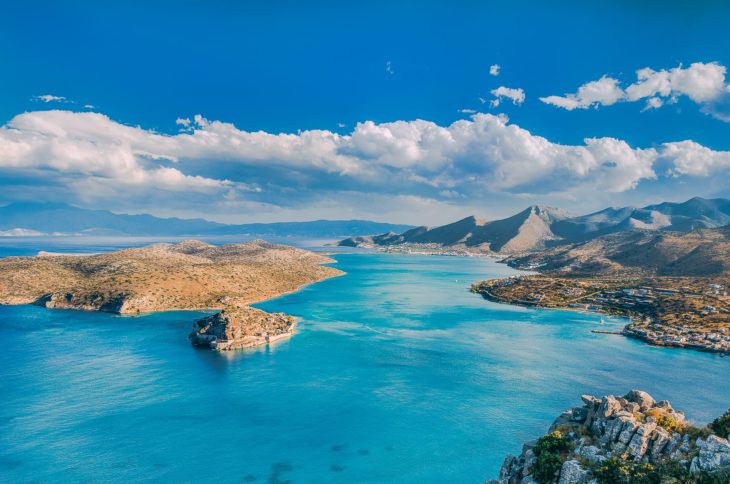
Source: Hand Luggage Only
2. Pack a Map of the Island
The island of Crete is made out of four regions that are equally great for a vacation. Each and every region has beautiful beaches and sights exclusive to it. Crete’s four regions are Chania Region which is located in the west, the Rethymno and Heraklion regions in the center, and the Lassithi Region in the east. Each region has something unique to itself, whether that be ruins, amazing beaches, monasteries, lakes, fortresses, palaces, caves, and many more.
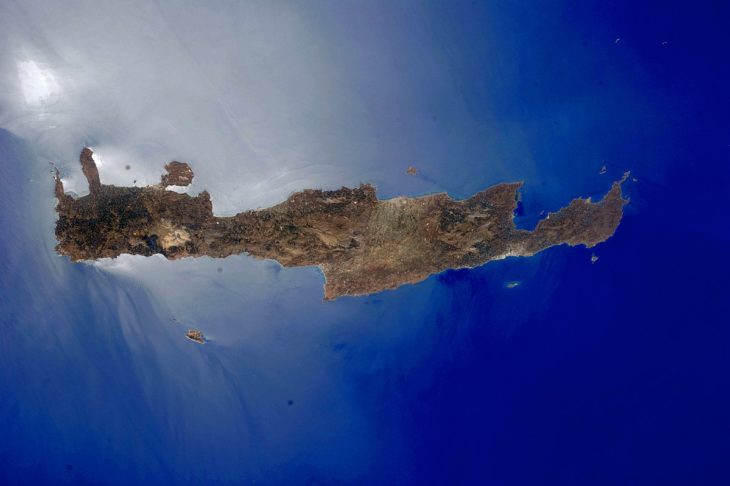
Source: Wikipedia
3. Go For At Least 10 Days
Road trips are not short trips, and it will take you some time to tour the entire island of Crete. We wound not suggest doing it unless you have at least 10 days free to tour the entire island. Crete is so amazing that even 10 days aren’t enough, and to tour is thoroughly it will take you at least three weeks. You can tour the entire island with your car, or you can simply focus on a specific region.
Below, we will tell you how long it will take you to completely visit each region.
The Chania Region is the largest with the most attractions. To visit everything in the Chania Region you will need anything from four to seven days.
The Lassithi Region located in the east is the 2nd largest but equally packed with interesting sights and attractions. Visiting the entire region will also take you between four and seven days.
Both Rethymno and Heraklion Regions will take less time to visit, and both can take from two to four days.
A road trip to Crete isn’t possible without a vehicle. If you’re looking to rent a car in Crete, you can do it with monzarentacar.com.
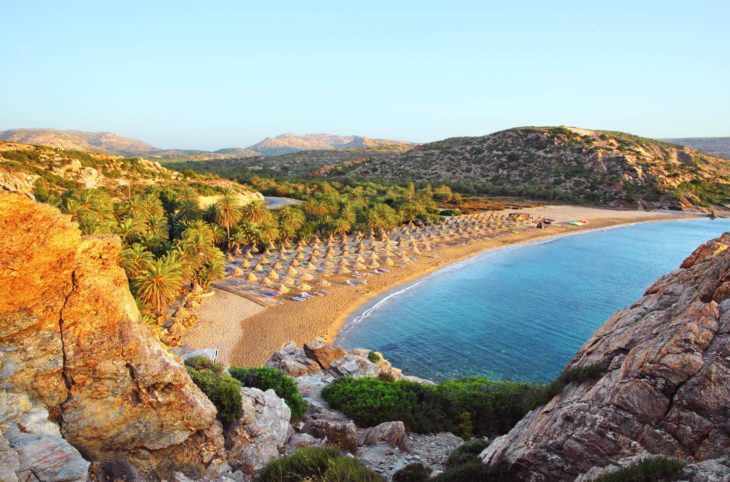
Source: Greeka
4. Create a Crete Itinerary
Now that you have everything that you need, it’s time to create an itinerary. There are a couple of essentials that you must take into consideration when planning the itinerary. These are:
- Driving times: Crete is beautiful with amazing scenery. Because of this, you would want to enjoy the views as you go from point A to B. If your Google navigation says it will take you X amount of time, make sure to plan more time to admire the scenery.
- Daylight Hours: Daylight hours are something that you should check when on your road trip to Crete. Chances are that Crete has different daylight hours to your country, so you should know how long you have to see everything in one day.
- Be Flexible: Crete isn’t immune to bad weather, and chances are you will encounter some rain during your visit. This is all because of the mountains, so make sure to be flexible if bad weather occurs.
- Boat tours: Do know that Crete has some amazing places that you can visit only by boat. These are Balos, Loutro, Spinalonga, and many more.
Every Crete itinerary should have these four essentials, so do not neglect them.
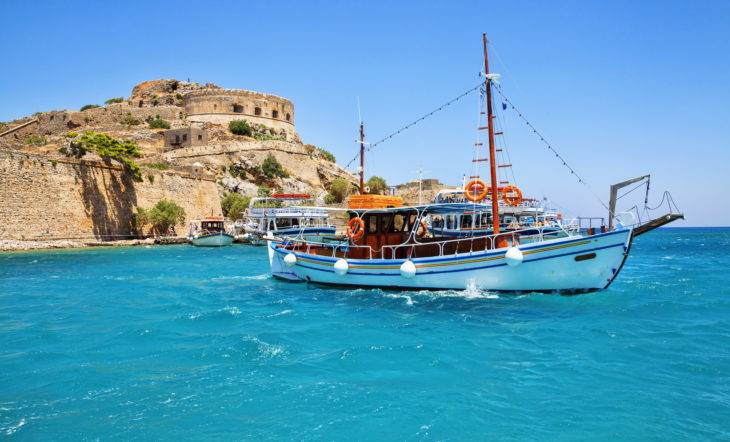
Source: stalis club
5. Book Accommodations in Advance
You can choose to get accommodated in a hotel, villa, etc, or you can choose to stay at a campsite. When choosing for accommodations, do know that most of Crete have good Wi-Fi, even the campsites. But it is generally considered good advice to book your accommodations, whatever they might be, in advance.
This not only gives you the option of being flexible with your choice, but it also means you can score some cheap accommodations. You can choose to contact local tourist agencies, or services such as Booking to book your accommodations. Most accept credit cards and most will have a parking spot for your vehicle.
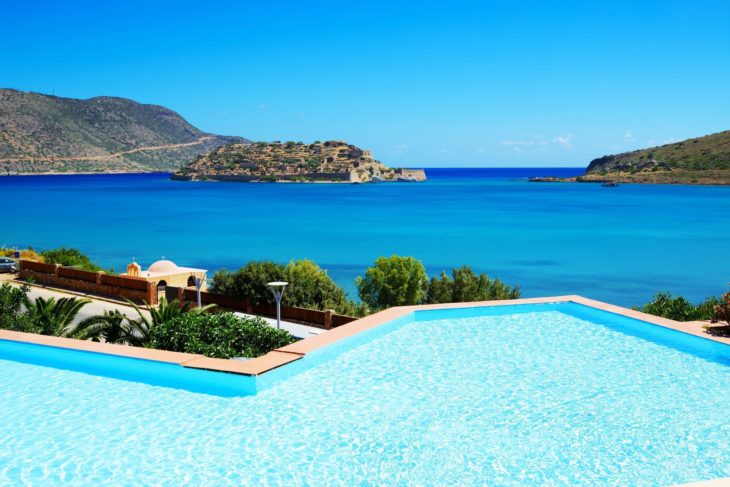
Source: Greeka
